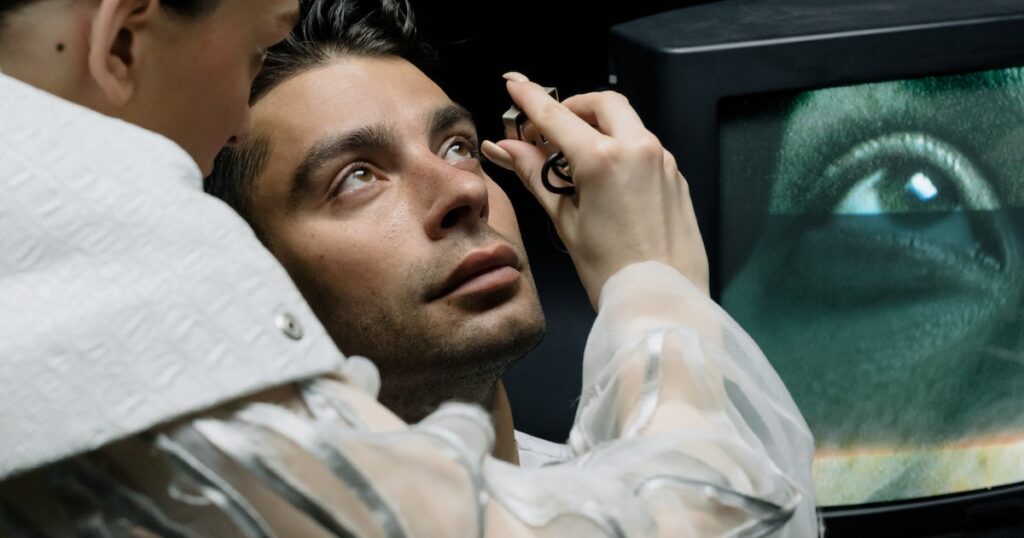Learn 7 Reasons Why Seniors Need Vision Insurance

4. Glaucoma is responsible for 10% of all blindness.
Glaucoma is another prevalent eye condition that is frequently connected with age. According to the American Academy of Family Physicians, over 75% of glaucoma patients who are legally blind are seniors. Glaucoma is a disease that affects your visual nerve and is commonly caused by increased intraocular pressure.
There are a variety of underlying causes or disorders that can raise your chance of acquiring glaucoma. Thankfully, glaucoma can be treated in a variety of ways. Treatment options are frequently determined by your age, how early the eye doctor identifies glaucoma, and any other medical diseases you may or may not have.
If the problem is identified early on, prescription eye drops, particularly prostaglandins, may suffice. Some people, on the other hand, may require more rigorous treatment, such as laser therapy or surgery.
Like cataract surgery, most health insurance plans, including Medicare, will cover approved glaucoma treatments. Specific eye insurance policies, on the other hand, can provide additional peace of mind.
5. Age-related macular degeneration
Macular degeneration is a retinal condition that is intimately linked to the aging process. Macular degeneration causes progressive visual loss that progresses from the center of the eye outwards.
Macular degeneration has no known cure. Nonetheless, doctors can make various recommendations to reduce the advancement of the illness, and research into potential therapies for macular degeneration continues. Again, because macular degeneration is an eye illness, it may be covered by health insurance policies such as Medicare.
6. Early detection makes a significant difference.
Although cataracts, glaucoma, and macular degeneration may be covered by large health insurance policies, yearly eye exams might help discover these illnesses earlier. Early detection can also increase your chances of effective treatment and enhance your quality of life. Yearly eye exams are not often covered by health insurance, but they are by vision insurance.
7. Discounts and savings can be obtained through vision insurance.
Without vision insurance, seniors should expect to pay up to $200 for an eye exam. If you have diabetes or are at risk of developing it, it is critical to get routine retinal examinations since diabetic retinopathy can lead to blindness.
The cost of retinal screening is around $4784. However, you may pay significantly less if you have insurance. Annual checkups and screenings provide significant savings, but glasses might provide even greater savings. Besides saving money on frames, you can also save money on lenses and coatings like anti-reflective coating, light-to-dark tinting, and more.